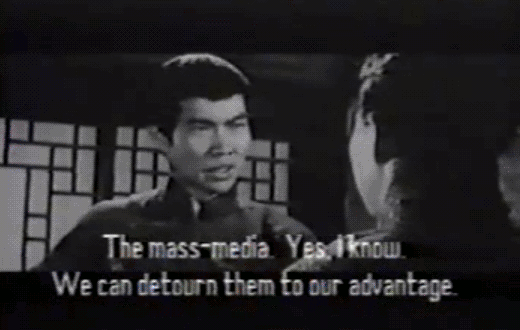Fraught Viewing: A Conversation with Editors Nicholas Baer, Maggie Hennefeld, Laura Horak, and Gunnar Iversen on Unwatchable
Let there be no ambiguity: the world has turned into a horror show, a modern-day political Grand Guignol of global proportions with an emerging Axis of Evil (Trump, Putin, al-Assad, and now, Bolsonaro in Brazil, to name only a few). Their bases are the virtual spaces of social media, their proscenium the many screens blanketing the planet with news alerts of the latest mass murder, police shooting, war-related atrocity, or xenophobic government policy. It has become all too common to see people look up from their laptops or phones and, with a hand clasped over their mouth, let out a guttural “Oh, my god.”









